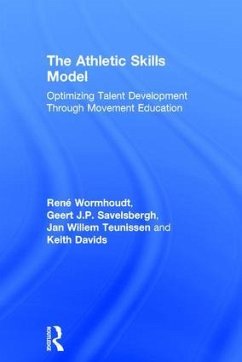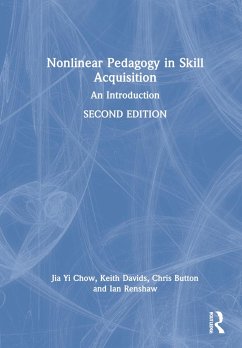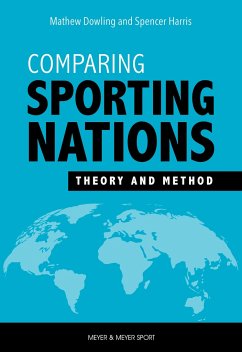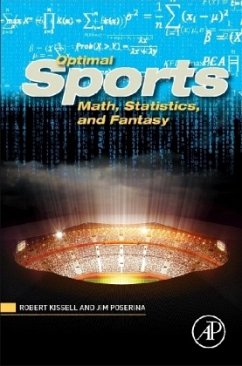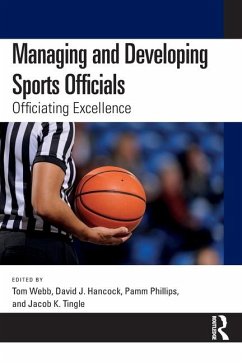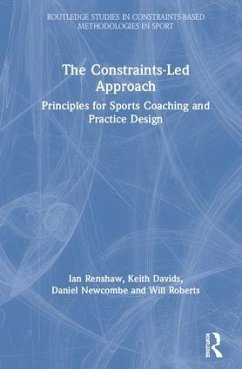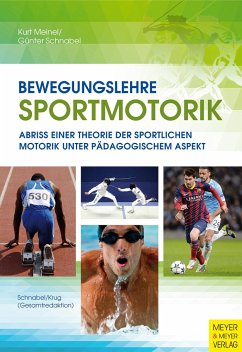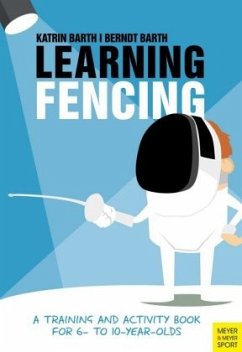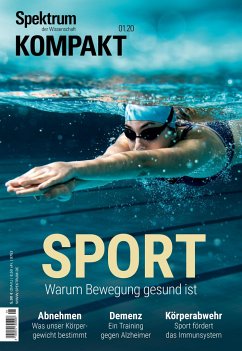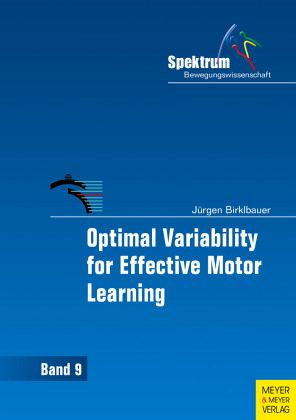
Optimal Variability for Effective Motor Learning
A Theoretical Review and Empirical Work on Movement Variability
Herausgegeben: Müller, Erich

PAYBACK Punkte
0 °P sammeln!
This thesis addresses different manifestations and practical implementations of movement variability in respect to their beneficial effects on movement coordination and learning. The focal point of this topic is formed by the comparison between the contextual interference paradigm and the differential learning approach, representing two variable practice strategies found to improve motor learning performance under certain conditions.




